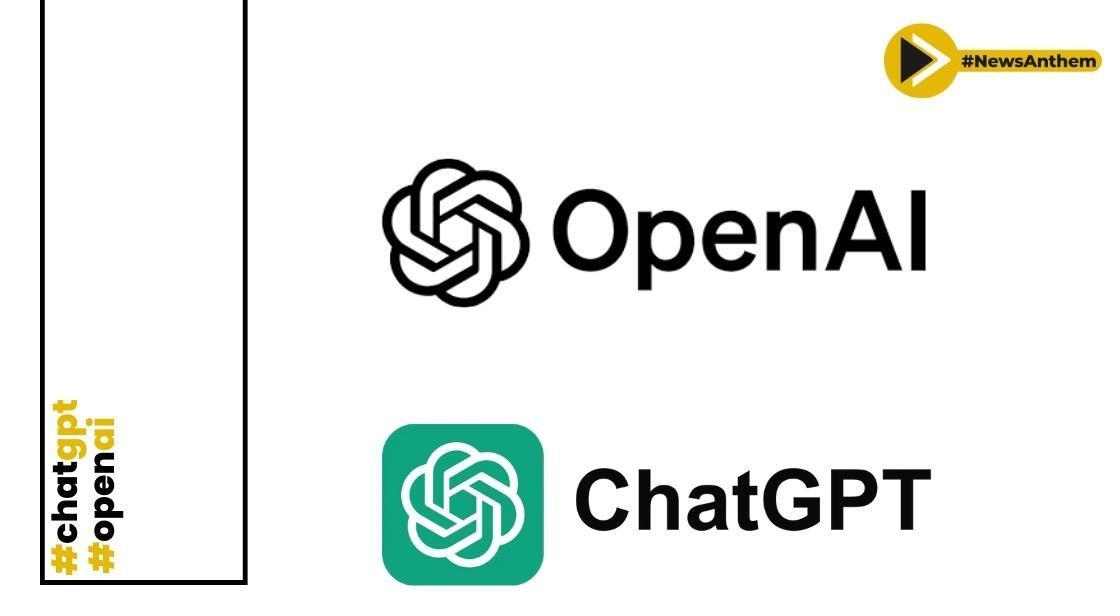OpenAI Affirms Non-Profit Ownership Amidst Legal Dispute with Elon Musk

News Synopsis
OpenAI, the organization behind ChatGPT, has officially announced that it will maintain its current governance structure, keeping its non-profit parent in control of its for-profit division. This comes after mounting legal challenges and a high-profile lawsuit filed by co-founder Elon Musk, who has consistently criticized the company for straying from its original mission.
In a recent blog post, OpenAI CEO Sam Altman clarified the organization's stance:
“OpenAI was founded as a non-profit, is today a non-profit that oversees and controls the for-profit, and going forward will remain a non-profit that oversees and controls the for-profit. That will not change.”
Altman reiterated the company's commitment to accessible AI development:
“We are committed to this path of democratic AI... We want to open source very capable models... even if we don’t always share the same moral framework...”
Reversal of December 2023 Proposal
Initially, OpenAI had proposed a governance restructuring in December 2023, under which its for-profit unit would transition to a Public Benefit Corporation (PBC). While the nonprofit would have remained a shareholder, it would have ceded control under this model. The aim was to streamline funding by loosening non-profit constraints.
However, in the updated strategy, OpenAI will still adopt the PBC model to enhance investment opportunities but will not relinquish governance control. Bret Taylor, the current chair of OpenAI’s board, stated:
“We made the decision for the nonprofit to stay in control after hearing from civic leaders and having discussions with the offices of the Attorneys General of California and Delaware.”
Revised Structure to Attract Investors While Retaining Oversight
Despite stepping back from full PBC governance, OpenAI intends to continue raising capital aggressively. Altman described the latest plan as a balanced solution:
“We believe this is well over the bar of what we need to be able to fundraise.”
He assured stakeholders that current investor relations remain unchanged, enabling the organization to pursue ambitious goals without compromising its foundational values.
Elon Musk's Lawsuit to Proceed in Court
Elon Musk’s legal battle with OpenAI remains ongoing. Filed in California, the lawsuit alleges breach of contract and fraud, accusing the company of prioritizing commercial interests once its AI technology approached Artificial General Intelligence (AGI).
Elon Musk claims OpenAI has deviated from its initial vision of serving the public good, turning into a tool for private gain and aligning closely with corporate giants like Microsoft.
“The perfidy and deceit is of Shakespearean proportions,” reads the legal filing.
Musk’s attorney, Marc Toberoff, commented:
“The announcement obscures critical details about the supposed ‘non-profit control’ arrangement.”
The case is set for a jury trial in March 2026.
Historical Friction Between Musk and Altman
The friction between Elon Musk and OpenAI’s leadership, particularly Altman, is long-standing. Musk has often expressed concerns about the company's closed-source practices and increasing alignment with profit motives.
In one social media post, Musk emphasized:
“OpenAI was created as an open-source, non-profit organisation to counterbalance Google... This is not what I intended.”
According to Walter Isaacson’s biography of Musk, tensions escalated after OpenAI’s board rejected Musk’s proposal to merge the company with Tesla. This ultimately led Musk to exit the company and establish rival ventures such as xAI and Neuralink.
Future Funding and Vision for AGI
OpenAI remains optimistic about future investments. The company is currently planning to raise up to $40 billion in a funding round led by SoftBank of Japan. Despite the legal proceedings, Altman reaffirmed OpenAI’s mission:
“We believe this is the best path forward—AGI should enable all of humanity to benefit each other... Freedom shouldn’t impinge on other people’s freedom...”
You May Like









